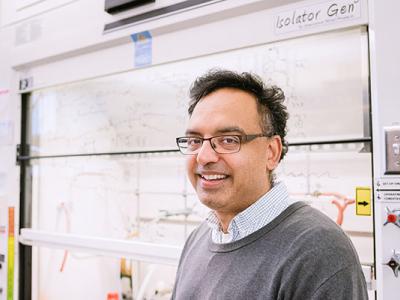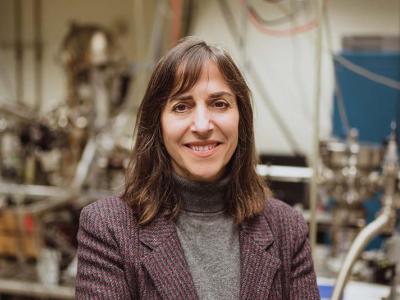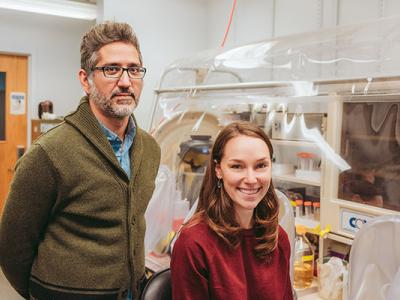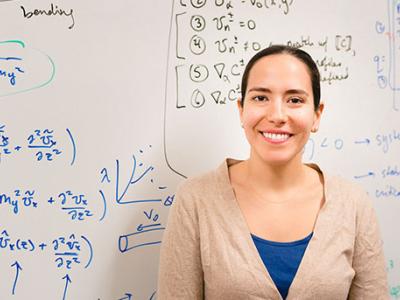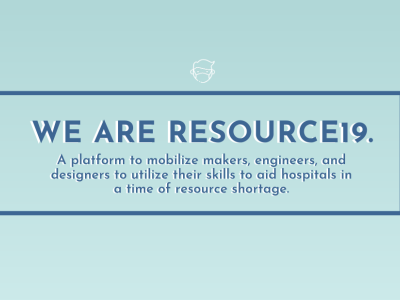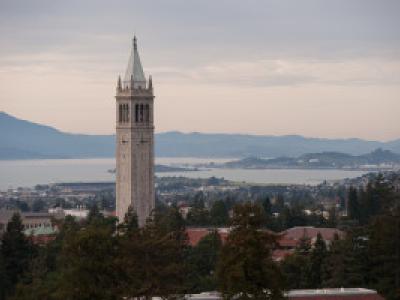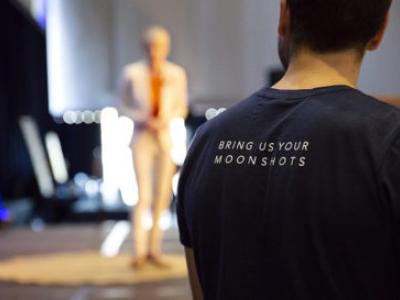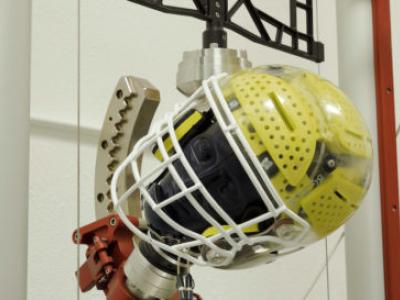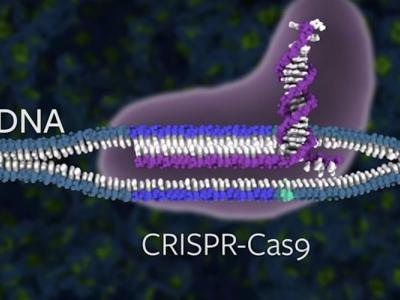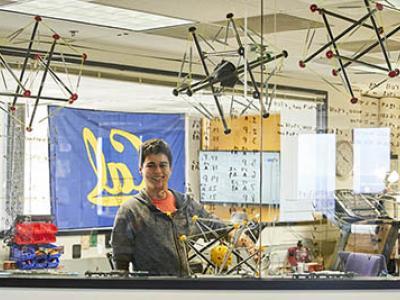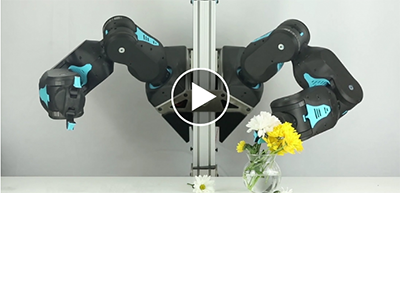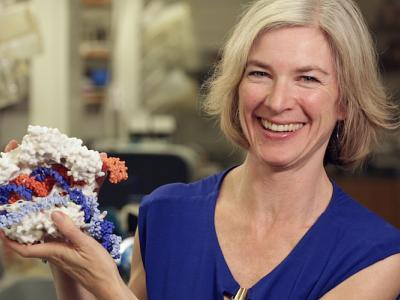A New Test Can See -- Almost Literally -- Infectious Bacteria
Up to 20 percent of UTIs are caused by a particularly resistant microbe known as ESBL-producing bacteria. These infections do not respond to the standard antibiotic treatment. With support as a 2019-2020 Bakar FellowNiren Murthy, professor of bioengineering, and colleagues have developed a 30-minute, low-tech test, called DETECT, to identify ESBL-producing bacteria on a patient’s first visit to the doctor.
